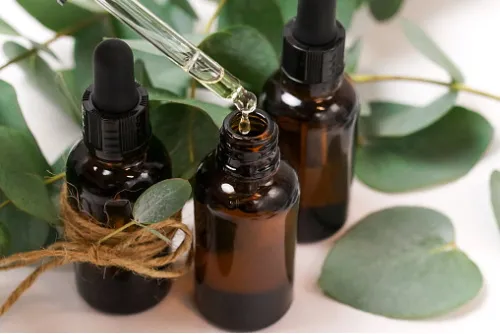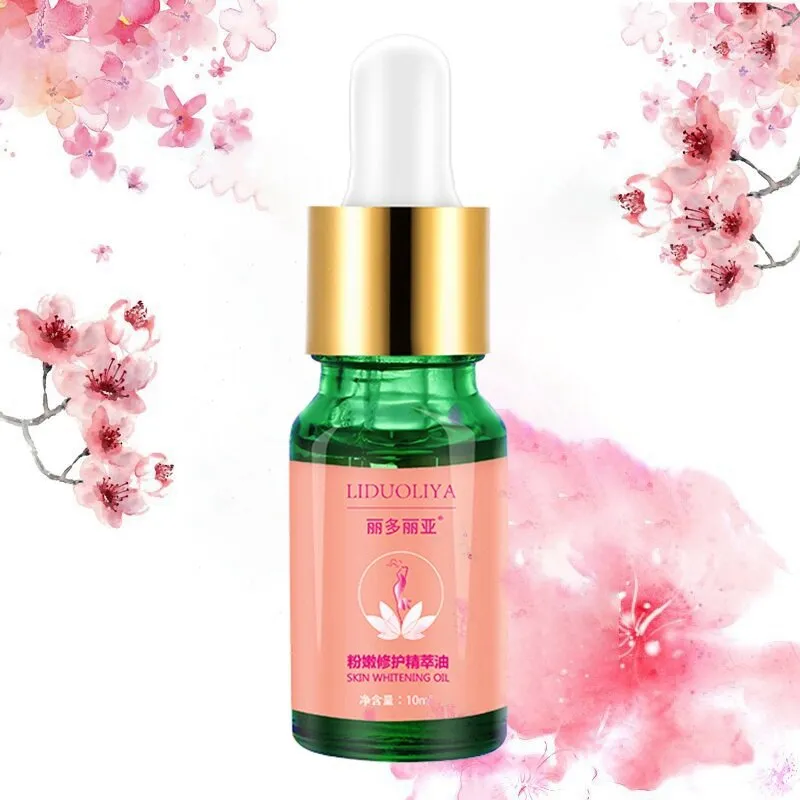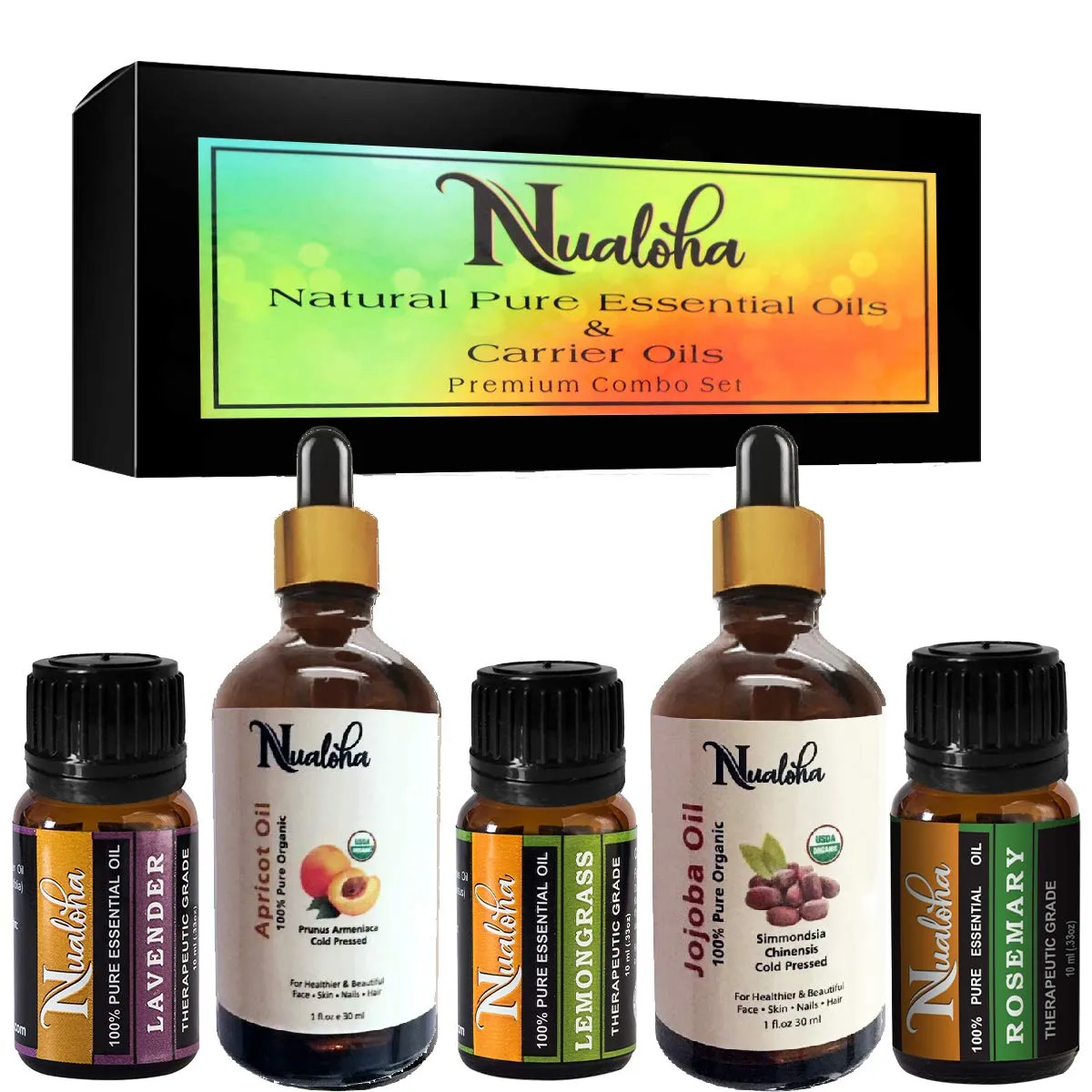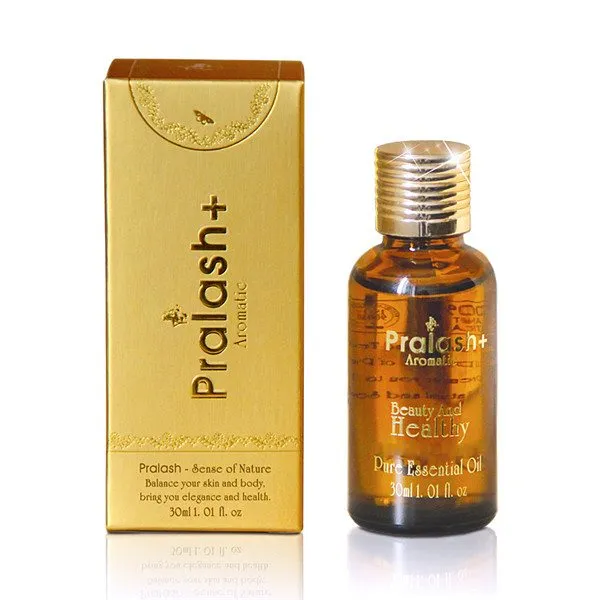Understanding Skin Whitening
Skin whitening is a broad term that encompasses various methods aimed at lightening the skin tone or reducing the appearance of dark spots, hyperpigmentation, and uneven skin tone. It is a popular cosmetic practice sought by individuals for aesthetic reasons, to address specific skin concerns, or to achieve a brighter, more radiant complexion. The process typically involves reducing melanin production, which is the pigment responsible for skin color. It is important to approach skin whitening with caution and prioritize safe, effective methods that are suitable for your skin type and address any underlying skin conditions. This journey should focus on improving skin health and addressing specific issues, such as sunspots, age spots, or uneven skin tone, rather than pursuing a specific skin tone.
What is Skin Whitening?
Skin whitening is the process of reducing the melanin pigment in the skin to achieve a lighter complexion. The goals of skin whitening treatments often include reducing the appearance of dark spots, hyperpigmentation, acne scars, and overall uneven skin tone. Many skin whitening treatments available are topical creams containing ingredients that inhibit melanin production, chemical peels that exfoliate the skin to remove the pigmented cells, and laser treatments designed to target melanin. While these procedures can be effective, they may also carry risks, such as skin irritation, sensitivity to the sun, and, in some cases, uneven skin discoloration. Always consult a dermatologist before starting any skin whitening procedure. Skin whitening practices are diverse, spanning from the use of over-the-counter products to professional treatments.
Why Choose Natural Methods?

Choosing natural methods for skin whitening provides several advantages. Unlike some chemical treatments, natural approaches often involve gentler ingredients that are less likely to cause adverse reactions, such as irritation, redness, or increased sun sensitivity. Essential oils and other natural remedies can be easily incorporated into your skincare routine. Essential oils offer additional benefits. They often contain antioxidants, which help protect the skin from environmental damage. Natural methods generally focus on improving overall skin health. They are also often more affordable and accessible than professional treatments. Choosing natural methods aligns with a holistic approach to skincare. They consider the overall well-being of your skin.
Essential Oils for Skin Whitening
Essential oils, extracted from plants, offer potential benefits for skin whitening due to their natural properties. Certain oils contain compounds that may inhibit melanin production, leading to a lighter complexion over time. Some essential oils possess antioxidant and anti-inflammatory qualities, which can help to reduce the appearance of dark spots and uneven skin tone. These oils can be incorporated into your skincare routine to enhance skin brightness and radiance. Before using any essential oil, it is essential to perform a patch test. The use of essential oils should be combined with a consistent skincare routine, including sun protection, to achieve the best results and maintain healthy, radiant skin. Always be cautious with their use, as they are highly concentrated and can cause skin irritation if not used properly.
Best Essential Oils for Skin Whitening
Several essential oils are particularly known for their skin-whitening properties. These oils, rich in beneficial compounds, help to reduce hyperpigmentation and promote a more even skin tone. They help to improve skin health and appearance. These essential oils are often incorporated into skincare routines for targeted results. Remember to always dilute essential oils with a carrier oil before application and perform a patch test. Using high-quality essential oils and following safe application techniques will help you achieve the best possible results and enjoy the benefits these oils offer.
Lemon Essential Oil Benefits

Lemon essential oil is known for its brightening properties. It can help reduce dark spots and even out skin tone. This oil is rich in Vitamin C, a powerful antioxidant that helps to protect the skin from environmental damage. Using lemon oil regularly can help reduce the appearance of hyperpigmentation. It can also promote a brighter and more radiant complexion. Always remember that lemon oil can make your skin more sensitive to sunlight. You should always use sunscreen when using this oil. This is a great option to get a radiant and healthy glow.
How to Use Lemon Oil
To use lemon essential oil for skin whitening, always dilute it with a carrier oil, such as jojoba or sweet almond oil, before application. Add a few drops of lemon oil to your chosen carrier oil and apply the mixture to the affected areas. Gently massage the oil into your skin, focusing on areas with dark spots or uneven tone. Use this mixture at night and wash it off in the morning to minimize sun sensitivity. Performing a patch test before applying it to your entire face is important. If you experience any irritation or discomfort, discontinue use immediately. It is important to incorporate sunscreen into your skincare routine. It will protect your skin from the sun.
Tea Tree Oil for Skin
Tea tree oil is another beneficial oil. It is known for its ability to reduce inflammation and soothe the skin. While not primarily a skin-whitening oil, it can help improve the overall appearance of your skin. It can help reduce the appearance of acne scars and promote a clearer complexion. Its antiseptic properties also help to prevent breakouts and reduce redness. By improving skin health, tea tree oil can indirectly contribute to a more even skin tone and a brighter complexion. Always dilute tea tree oil before applying it to your skin. Remember that tea tree oil is a great way to get a beautiful and clear skin.
Benefits of Tea Tree Oil

Tea tree oil provides multiple benefits for skin. It can help reduce inflammation. This can reduce redness and irritation. Tea tree oil can help to reduce the appearance of acne and scars. It is a valuable addition to any skincare routine. Its natural properties help to improve skin health and promote a clearer complexion. Tea tree oil’s antiseptic qualities also help to protect the skin from infections and breakouts. By keeping your skin healthy, tea tree oil can help to reduce the appearance of dark spots and uneven skin tone. It’s a great way to get a healthy skin, but proper dilution and usage are a must.
Using Tea Tree Oil Safely
To use tea tree oil safely, always dilute it with a carrier oil, such as jojoba or grapeseed oil, before application. Apply a small amount of the diluted oil to a small area of your skin to check for allergic reactions. If you experience any irritation, discontinue use immediately. When applying tea tree oil to your face, avoid the eye area. Tea tree oil can cause severe irritation to your eyes. You can mix tea tree oil with a carrier oil and apply it to acne spots. It is also important to store tea tree oil properly. It is important to keep it out of direct sunlight. Remember that tea tree oil is a powerful oil and should be used with care.
Choosing Essential Oils
Choosing essential oils involves several key factors. Look for 100% pure, therapeutic-grade oils from reputable sources. Check the label to ensure the oil is free from additives, fillers, and synthetic fragrances. Consider the extraction method. The distillation process ensures the best quality oil. Research the oil’s origin. The climate and soil where the plants are grown can impact the oil’s quality. Pay attention to the color and consistency of the oil. It should match the characteristics of the specific oil. Always read reviews from other users and consult with an aromatherapy expert to make the best choices. Making informed choices helps to ensure that you are getting the highest quality essential oils.
Factors to Consider When Choosing

Several factors must be considered when choosing essential oils. Always look for oils that are 100% pure. Make sure to check the labels to avoid additives and fillers. The oil should be free of synthetic fragrances. Verify the extraction method. The distillation process guarantees better quality. Consider the plant’s origin. The environment and soil can impact the oil quality. Read reviews to learn from other users’ experiences. It is best to consult with an aromatherapy expert. The best way to choose essential oils is by considering these factors. This will help ensure that you choose high-quality, effective oils that are right for you.
Identifying High-Quality Oils
Identifying high-quality essential oils involves several key steps. Always check for purity and authenticity. The label should clearly state that the oil is 100% pure. Examine the oil’s color and consistency. These should match the expected characteristics of the oil. Smell the oil to assess its aroma. High-quality oils have a strong, natural scent. Buy oils from reputable suppliers. Companies with good reputations will provide high-quality products. You can also look for oils with certifications. Organic or therapeutic-grade labels often indicate higher quality. Knowing these steps will help you to ensure that you are buying high-quality essential oils that provide the best results.
Proper Application Techniques
Proper application techniques are essential to safely and effectively use essential oils. Always dilute essential oils with a carrier oil, such as jojoba, sweet almond, or grapeseed oil, before applying them to your skin. This helps to reduce the risk of skin irritation. Use a patch test before widespread application. Apply a small amount of diluted oil to a small area of your skin. Then, wait 24 hours to check for any adverse reactions. Avoid applying essential oils to sensitive areas. Avoid applying them near your eyes, nose, and mouth. Be sure to follow the recommended dilution ratios. It’s very important to avoid direct sunlight after applying essential oils. It’s important to store essential oils properly.
Dilution Guide for Essential Oils

A proper dilution guide is crucial for the safe use of essential oils. The dilution ratio depends on the oil and application. For adults, a common dilution is 1-3% for topical use. That translates to 3-9 drops of essential oil per ounce of carrier oil. For sensitive skin, start with a lower concentration. 1% dilution is often recommended (about 6 drops per ounce). For children and elderly individuals, the dilution should be even lower, usually around 0.5% (3 drops per ounce). Always research the recommended dilution for a particular essential oil. The dilution guide should be followed to minimize skin irritation. By following the dilution guide, you can enjoy the benefits of essential oils safely.
Patch Test Before Use
A patch test is a vital step. Apply a small amount of the diluted essential oil to a small area of your skin, such as the inner forearm. Cover the area with a bandage and leave it for 24 hours. During this time, observe the area for any signs of irritation, redness, itching, or swelling. If you experience any adverse reactions, discontinue use of the oil immediately. If no adverse reaction occurs after 24 hours, the oil is likely safe for you. Conducting a patch test is an important step to ensure you can use essential oils safely. It’s a simple procedure that can prevent unnecessary skin reactions. This procedure can help you to get a glowing skin.
Potential Risks and Side Effects
While essential oils offer numerous benefits, it’s important to be aware of the potential risks and side effects. Some individuals may experience skin irritation, redness, itching, or burning sensations. Photosensitivity is another concern. Certain essential oils can make your skin more sensitive to sunlight. Always use sunscreen. Always avoid applying essential oils to your eyes, ears, or mucous membranes. Essential oils can interact with medications, so it is best to consult with a healthcare professional. Use essential oils safely by diluting them properly. You should perform a patch test before using them. Understanding these risks helps you use essential oils safely.
Allergic Reactions and Irritation

Allergic reactions and skin irritation are potential side effects of essential oils. Allergic reactions can manifest as redness, itching, swelling, or a rash. These reactions can occur even with diluted oils. Skin irritation can cause redness, burning, or stinging sensations. To minimize these risks, always perform a patch test before using a new essential oil. This helps to identify potential sensitivities. Always dilute essential oils with a carrier oil to reduce the concentration. Discontinue the use of any oil if you experience an allergic reaction. If you’re allergic to any oil, it is essential to seek medical advice. Taking these precautions will help you use essential oils safely and prevent skin problems.
Consulting with Professionals
Consulting with professionals is essential when incorporating essential oils into your skincare routine. Dermatologists can provide expert advice. They can assess your skin type and any existing conditions. A qualified aromatherapist can offer guidance on selecting the right essential oils. They can provide help with safe application techniques and dilutions. They can also help address specific skin concerns. Always inform your healthcare provider of any essential oils you are using. They can prevent potential interactions with medications. By seeking advice from healthcare professionals, you can ensure safe and effective use of essential oils. You should always follow a healthcare professional advice.
